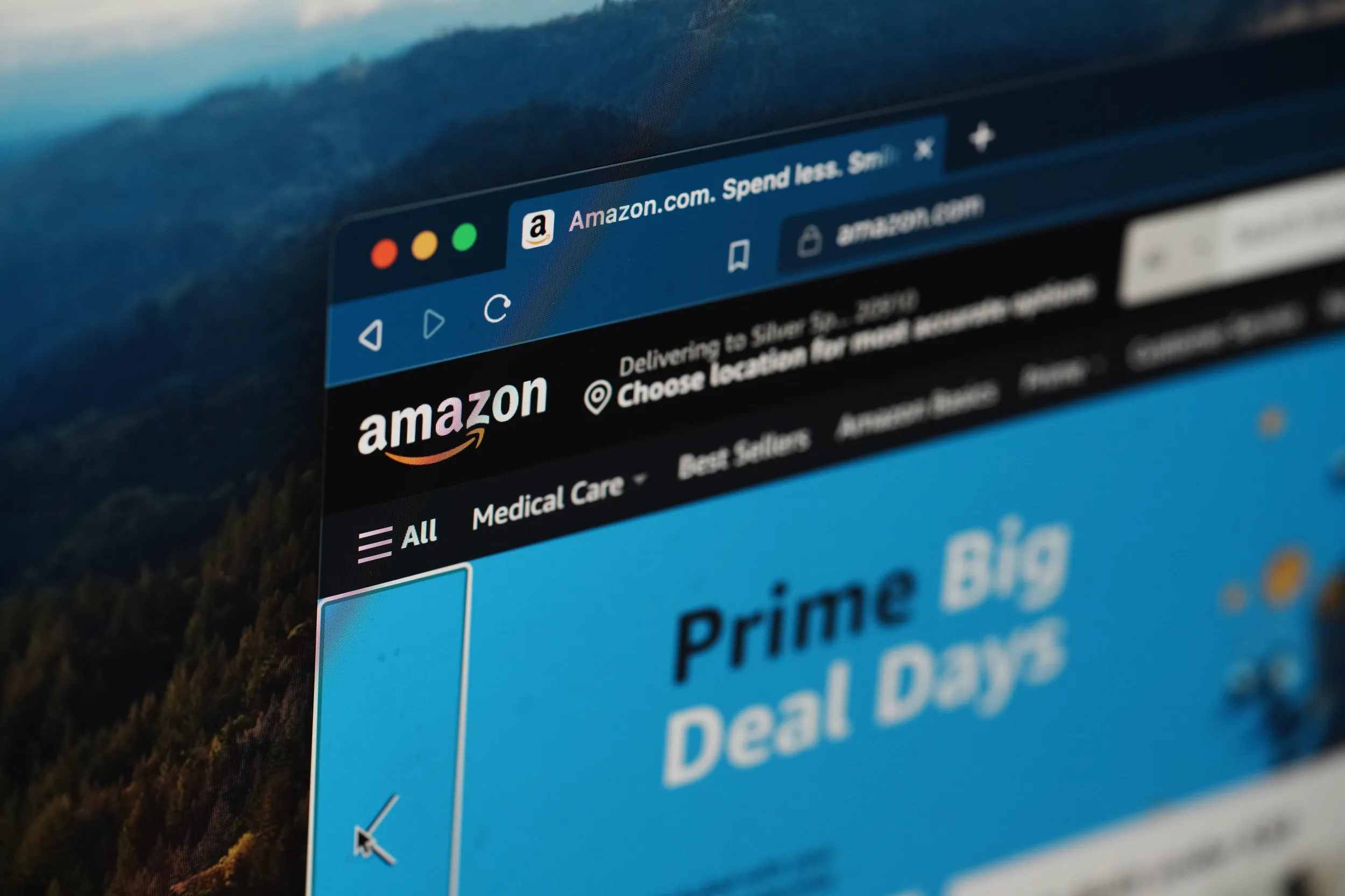FTC Hearings #6: Big Data, Privacy, and Competition
Last week, the FTC held the sixth in its set of hearings focusing on “Competition and Consumer Protection in the 21st Century.” This hearing focused on the intersection between big data, privacy, and competition and the array of concerns rising from it. The three-day hearing had three primary themes: the economics of big data, online advertising, and differing perspectives on data policy. Slides presented during the hearing can be found here.
Day 1: Economics of big data, privacy, personal information, and competition
Professor Ginger Zhe Jin from the University of Maryland set the tone of the first day with an overview of big data, including a discussion on how data could contribute to market power and how data could contribute to information asymmetry. She concluded her presentation by proposing potential solution methods ranging from a free market to ex ante regulation and ex post enforcement.
There was a general consensus that greater regulation should come with great caution. Professor Liad Wagman from the ITT School of Business warned that regulators must “strike a balance between data usability and data security, and any regulatory approach should embrace nuance, dynamism, and be market specific.” Similarly, Liz Heier, Garmin’s Director of Global Data Privacy, cautioned against too many different state regulations, and instead emphasized the need for a federal privacy regulation. Consistency in a federal data privacy law, according to her, will benefit everyone by reducing cost and harmonizing data protection rights.
Following on the caution against over-regulation, Mark MacCarthy, Senior VP for Public Policy at the Software & Information Industry Association, spoke first about the various benefits of big data in four areas: credit scoring, schooling, improved personalization for online ads, and improved business risk management services. While commending the uses of big data for algorithms and machine learning, MacCarthy argued that as algorithms and machine learning techniques are new, they do not actually require new regulations.
On a similar note, Marianela López-Galdos, Director of Competition & Regulatory Policy at the Computer and Communications Industry Association and a Project DisCo contributor, observed that new regulations restricting business operations could stifle innovation. She also pointed out that marketplace success often occurs not because of access to data, as many people believe, but because competitors are innovating and bringing something to the market that customers like.
Day 2: Concerns surrounding data for online advertising, and of the impact of privacy regulation on competition and innovation
One of the central issues in the second day of hearings was the economics of online advertising. Professor Garrett Johnson of Boston University Questrom School of Business discussed the benefits of online advertising and outlined three distinguishing features of digital advertising: the lower cost of targeting, the increase in ability to measure effects of advertising, and the auctions widely used for online ads. Professor Anja Lambrecht from the London Business School pointed out the benefits of online advertising from data analysis, arguing that data can make online advertising more relevant and effective but only if data analysis is sufficiently granular and mirrors consumers’ preferences and decision processes. Leigh Freund, President and CEO of the Networking Advertising Initiative, argued that data in this context has an extremely short shelf life and its relevance creates a point of diminishing returns that disincentivizes companies from keeping a mass amount of data.
Another central issue during this day was the impact of privacy regulation on innovation and competition. All panelists shared agreement that privacy is of paramount importance but some expressed concern that more severe privacy regulations may negatively impact competition and innovation. Professor Lior Strahilevitz from the University of Chicago School of Law, for example, said:
“There is still lots of reason to think the US has done quite well by having a relatively permissive regulatory environment, that we’ve seen a lot of innovation, that there are technologies that have developed in the United States that couldn’t have developed in Europe.”
Ari Goldfarb, a Professor at the University of Toronto, did not mince words with what he believed was the answer to this heated debate by unequivocally concluding that privacy regulation would restrict innovation — it was just a matter of how much and what the trade-off would be.
Day 3: Distinct perspectives of data policy
The final day focused on data policy perspectives from civil society and former regulators. Allie Bohm of Public Knowledge stated “it is Public Knowledge’s view that while antitrust has a role to play in protecting competition and consumers’ privacy in the digital age it alone is woefully insufficient and instead proposed the narrow use of antitrust enforcement to encourage non-price discrimination and privacy competition. Bohm additionally suggested that the FTC conduct a 6(b) study of how platforms are using data and how their data affects competition. Ramsi Woodcock, Assistant Professor at the University of Kentucky College of Law, argued for more attention on “issues surrounding the exploitation of data than we have so far.”
Katie McInnis, Policy Counsel at Consumers Union, stated “consumers really do need a federal data privacy law that will give them the protections that they need and really deserve.” Eric Null, Senior Policy Counsel at the Open Technology Institute, outlined three key values that any privacy legislation should hold: the emphasis of data minimization; the right to control, access, delete, and modify data; and strong enforcement of whatever privacy regime we end up coming up with.
Former FTC Commissioner Maureen Ohlhausen wrapped up the third day of hearings by addressing some of the points that prior panelists raised on the future of antitrust enforcement. Ohlhausen’s view is that consumer data can certainly be a part of an antitrust analysis but that privacy, but that protecting privacy primarily lies in consumer protection laws instead. She concluded the discussion with final remarks:
“There’s a fairly wide agreement that we know privacy is an important value and it should be protected to a certain extent. I think the question for competition and innovation down the road is are you protecting it at the right level such that in the long run consumers are going to be better off because what’s not necessarily capable of easy measurement is the innovation that’s not happening because the use of data is being restricted too much.”








